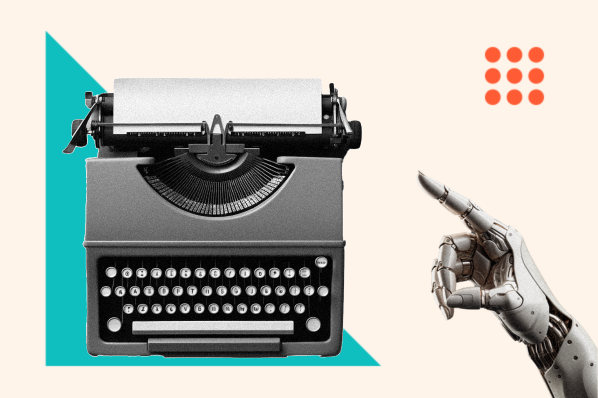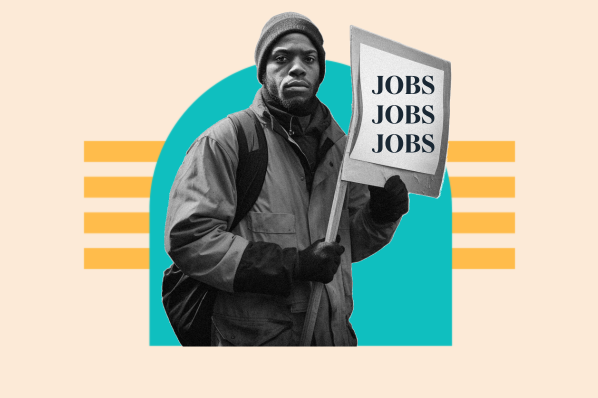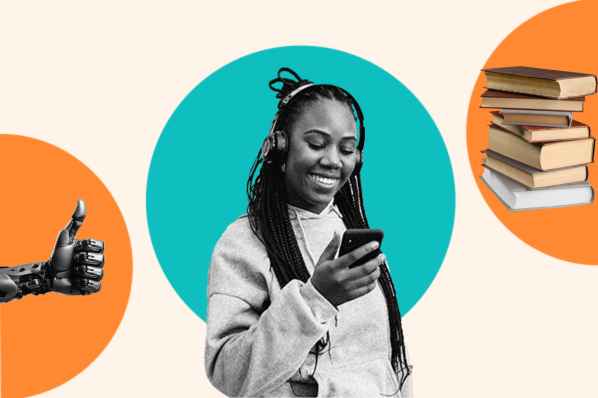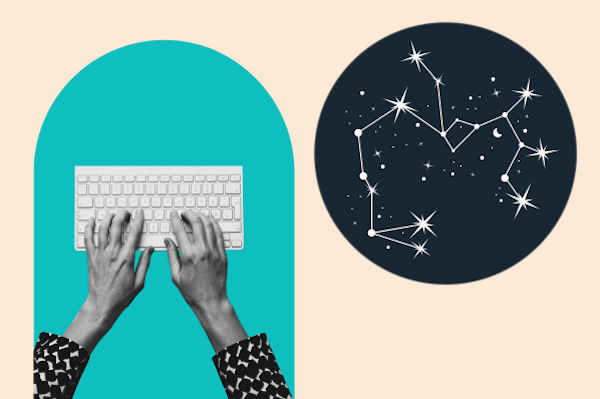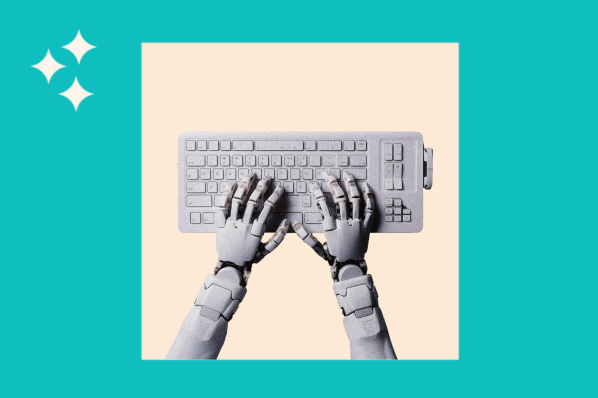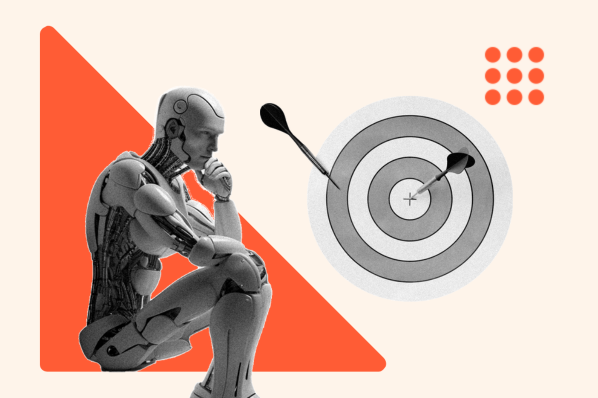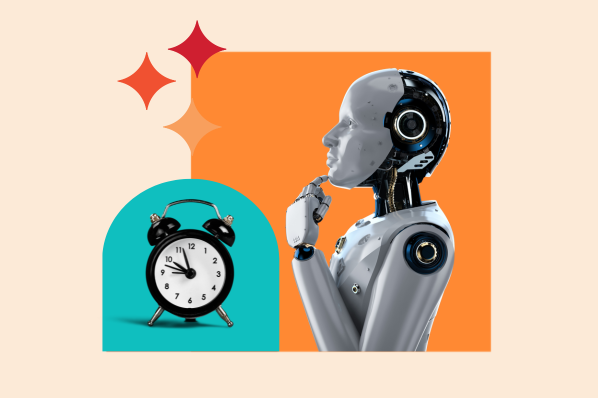If you’re Google, this month’s not off to a great start.

That’s because OpenAI held its first developer conference in San Francisco and announced a slew of impressive product updates and launches. And in the process blew every other competitor out of the water – at least for now.
Here are the most important announcements you should know.
You can now build your own GPT and get paid for it.
The biggest announcement coming out of Open AI’s DevDay conference is that any user (with a paid account) can build their own version of ChatGPT. With custom instructions, knowledge and actions.
For example, you could build a GPT that helps people learn a new language, get financial advice, or choose their next movie on Netflix.
The best part? You don’t need to know how to code or any advanced technical knowledge to do it.
You can build a GPT using natural language and keep it private, make it available to the public, or limit its use internally to your company. That last one’s only available to enterprise users.
Imagine a GPT your business analytics team could create to respond to ad hoc data requests. Or one your HR team could create to give employees quick answers and resources to their most pressing questions.
Some folks have already given it a try.
Just tested OpenAI's new GPT Builder.
— Rowan Cheung (@rowancheung) November 6, 2023
Created ‘X Optimizer GPT’ which fine-tunes my posts and pinpoints peak posting times for max engagement on X.
The results? Mind-blowing. 🤯 pic.twitter.com/9TpGZ3LMq7
For businesses, this opens up a world of possibilities.
One of the biggest drawbacks of using ChatGPT for a while was that it didn’t retain context. Everytime you used it, it was back to square one. In July, the app got a welcome upgrade, offering custom instructions to address this exact issue.
This is a huge step up from that, allowing companies to create department- or vertical-specific GPTs to use in a few minutes.
For those interested in making their GPTs available to the public, OpenAI might feature it in its GPT store rolling out this month.
“We believe the most incredible GPTs will come from builders in the community,” wrote the OpenAI team in a statement.
Picture an app store but for GPTs. In a few months, OpenAI will highlight the most popular GPTs from verified builders on the platform and share a percentage of the subscription revenue as well as some category bonuses.
According to The Verge, the exact amount will depend on how many active users the builder has.
Businesses can custom build their models with OpenAI – for a price.
At the conference, CEO Sam Altman announced the Custom Models program, which pairs companies with OpenAI’s researchers to train their GPT-4 models to their exact needs.
This help comes at a hefty price – those looking to work with OpenAI will need at least a $2 to $3 million budget. This is why it’s a best fit for domains with very large proprietary datasets requiring billions of tokens.
The program will only be open to a select few for a while, interested parties can apply here.
OpenAI will cover users’ legal fees in case of infringement claims.
OpenAI’s gotten hit with copyright infringement lawsuits left and right since its launch. From the creator of Game of Thrones, George R.R. Martin to Pulitzer prize winner Michael Chabon.
Now they’re committing to helping their users dodge them too by offering financial support to those facing infringement legal claims. Specifically those with Plus and Enterprise accounts, as well as API users. Those using ChatGPT’s free version are not covered under this program.
So far, OpenAI’s answer to its own class action suits has been “Don’t hate the player, hate the game,” citing the “fair use” exemption.
The new model is better and more affordable.
GPT-4 Turbo will now only cost 1 cent for input (or prompt) tokens and 3 cents for output tokens, a notable drop in pricing.
The model’s content length also increased from 32K tokens to 128K tokens, meaning it can take in a lot more context than before. (It was at this point in the keynote that the audience audibly gasped like they had just won a new car.)
This model also has knowledge up to April 2023 and is expected to continue getting more recent.
For the devs in the room, here are a few more interesting updates:
- Assistants APIs, which include features like code retrieval, code interpreter, and multi-function calling.
- A JSON mode option, to make calling APIs easier.
- Higher rate limits, doubling the tokens per minute that customers can use in their APIs.
- V3 of Whisper, OpenAI’s open-source speech recognition model.
What’s more, GPT-4 Turbo allows devs to integrate DALLE-3, OpenAI’s image generator into their apps and products.
Since launching last November and serving as the catalyst for an AI revolution of sorts, OpenAI has been trying to stay in that number one spot. These latest updates will likely keep them there for a while.


